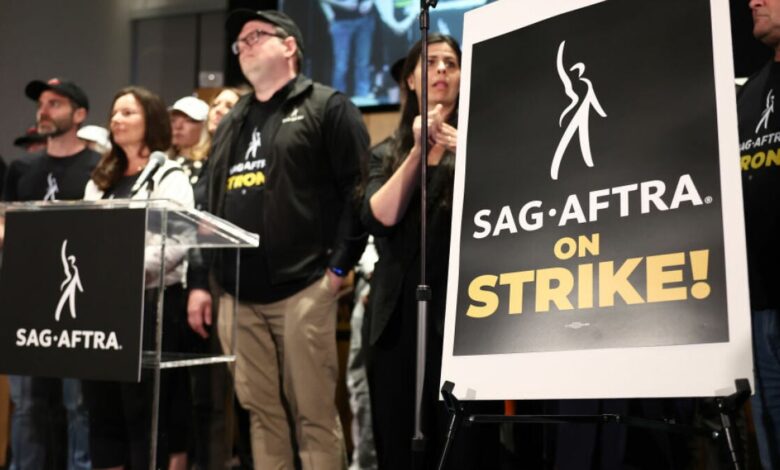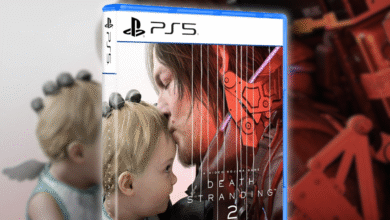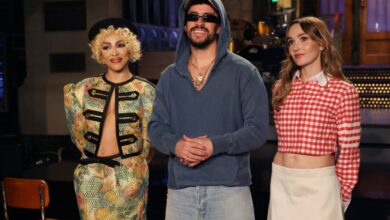Video game voice actors go on strike over AI protections

Video game voice and motion capture performers have gone on strike for the second time in a decade.
After a year and a half of negotiations between SAG-AFTRA and major video game companies like Activision, Electronic Arts, and Take-Two Interactive, the portion of the union’s membership that works on video games has initiated a work stoppage that went into effect on Friday morning. In a statement on its website, SAG-AFTRA said, with no uncertainty, that artificial intelligence protections are the “sticking point.”
“We’re not going to consent to a contract that allows companies to abuse A.I. to the detriment of our members,” union president Fran Drescher said in the statement. “Enough is enough. When these companies get serious about offering an agreement our members can live — and work — with, we will be here, ready to negotiate.”
In a statement to Polygon, a spokesperson for the gaming companies’ side Audrey Cooling claimed the AI terms that SAG-AFTRA did not agree to are “among the strongest in the entertainment industry.” According to Cooling, the two sides have agreed to 24 of 25 contract proposals, leaving AI as the final nail to be hammered down.
Mashable Light Speed
While the exact contract language that both sides have been trying to agree to for the last 18 months is not public, the issue is familiar to anyone who has followed AI and the arts in recent years. Put simply, voice actors and motion capture performers are worried that, without proper labor protections, video game companies could use their work to train AI models that could then replace their labor.
As the Washington Post also pointed out, the use of AI could negatively impact young performers who are trying to break into the industry. If the kinds of background, non-player character roles that usually go to those people were instead relegated to AI, it may be harder to break into the industry.
It’s worth noting that SAG-AFTRA struck a side deal with an AI company earlier this year, so the union has not been inherently opposed to AI up to this point.
This is not the first time SAG-AFTRA’s gaming workers have gone on strike. In 2016, voice actors started a work stoppage that lasted almost an entire year. That particular strike had more to do with “old” problems like bonuses, royalties, and worker safety than new, rapidly developing technology. In other words, it could theoretically be a while before these two sides come to an agreement.


